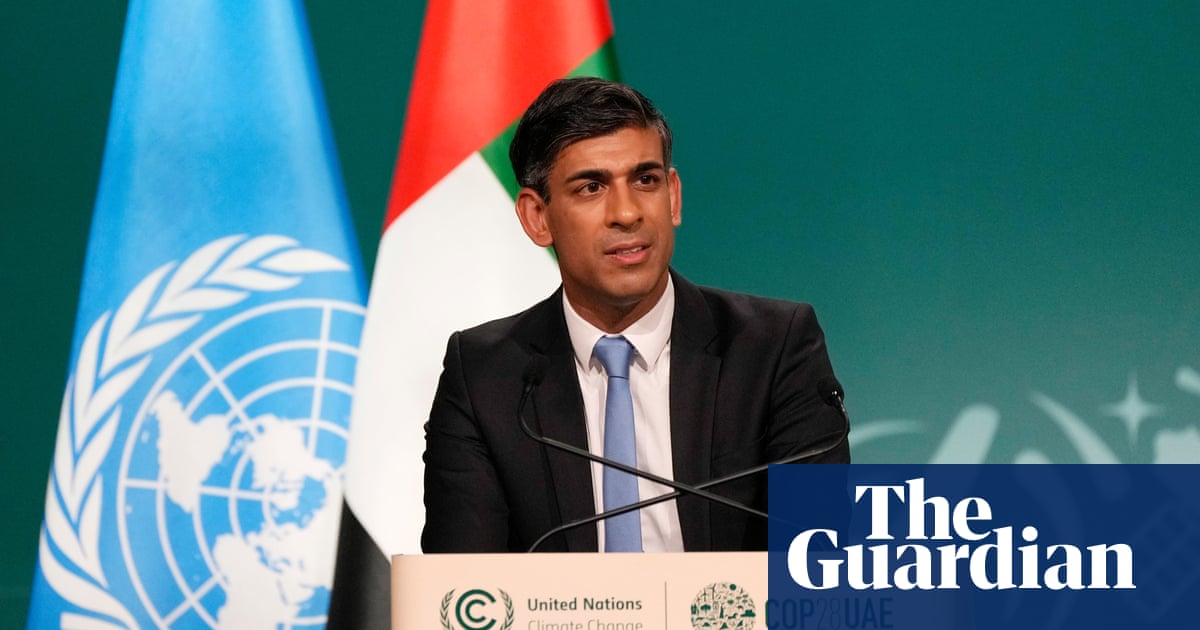
The latest developments indicate that the Iranian regime is heading toward becoming a nuclear state, which will have significant repercussions for regional and global peace and security.
The regime is pressing ahead with uranium enrichment and is infringing all the terms of the Joint Comprehensive Plan of Action nuclear deal. The regime is reportedly only one month away from having enough material to fuel a single nuclear weapon, while Iranian leaders are showing no interest in returning to the negotiating table to revive the nuclear pact. As the International Atomic Energy Agency reported this month: “Since 23 February 2021, the agency’s verification and monitoring activities have been seriously undermined as a result of Iran’s decision to stop the implementation of its nuclear-related commitments.”
The dangers of a nuclear-armed Iran must not be underestimated for several reasons.
First of all, Iran is not a rational state; rather it is a revolutionary one. Its theocratic establishment is anchored in prioritizing the pursuit of its revolutionary ideals, which include exporting its system of governance to other countries. This policy of exporting its revolution to other nations has been consistent throughout the four-decade history of the regime. Since 1979, by deploying its Islamic Revolutionary Guard Corps and its elite branch the Quds Force, the Iranian leaders have managed to expand Tehran’s influence throughout the Middle East, including from Iraq to Yemen, through its proxy groups such as the Houthis, Hezbollah and the Popular Mobilization Units, a conglomerate of more than 40 militia groups in Iraq.
Imagine how much more empowered and emboldened the Iranian regime would become in pursuing its revolutionary principles, interfering in the domestic affairs of other nations and supporting its militia groups across the Middle East if it possessed nuclear weapons.
Secondly, there exists the dangerous likelihood of nuclear weapons falling into the hands of Iran’s proxy and militia groups, along with the threat that the Iranian regime will share its nuclear technology with its proxies and state allies such as the Syrian regime.
It is worth noting that the Iranian regime has already set up weapons factories abroad and is manufacturing advanced ballistic missiles in foreign countries, including in Syria. These include precision-guided missiles that can strike specific targets. Iran’s foreign-based weapons factories give it an advantageous military capability for waging wars or striking other nations.
The policy of exporting its revolution to other nations has been consistent throughout the history of the Iranian regime.
Dr. Majid Rafizadeh
Since the regime is already supplying advanced weapons to its proxies, what would stop the regime from sharing its nuclear technology with them in order to empower them and undermine other nations’ national security interests? For example, the latest UN annual report revealed that the Houthis are receiving a significant number of weapons from Iran. It stated: “An increasing body of evidence suggests that individuals or entities in Iran supply significant volumes of weapons and components to the Houthis.”
Iran’s weapons are already being deployed for offensive purposes by its proxies. For example, Houthi forces launched a drone at a military airbase in the southern Saudi city of Khamis Mushayt in April. The Yemeni militia also reportedly launched more than 40 drones and missiles at Saudi Arabia in February alone. Previously, the Houthis claimed responsibility for the 2019 attacks on two Saudi Aramco plants at the heart of the Kingdom’s oil industry — the world’s biggest oil processing facility at Abqaiq near Dammam and the country’s second-largest oilfield at Khurais.
The third threat is linked to the fact the Iranian regime is the world’s top state sponsor of terrorism. For example, one of its diplomats, Assadollah Assadi, was sentenced to 20 years in prison in Belgium for his role in a failed 2018 terrorist bomb plot in Paris, in which a “Free Iran” rally was targeted. Iran also dispatches troops and uses undercover agents — in academia, the foreign service or by obtaining visas under the cover of academic research or tourism — to gather intelligence for, help arm or otherwise assist militia groups. Several countries, including Kuwait, have detained Iranians who were trying to infiltrate their country. And Tehran also uses its foreign embassies, cultural centers and diplomats to act as cells to organize and construct terror groups. A 2017 Supreme Court ruling in Kuwait revealed how Iran’s embassy there had played a role in forming terror cells. Iran’s ambassador and diplomats were subsequently expelled.
The international community must immediately act to prevent Tehran from obtaining nuclear weapons, as the world cannot live in peace — and it will undoubtedly become a much more dangerous place — with a nuclear-armed Iran.
• Dr. Majid Rafizadeh is a Harvard-educated Iranian-American political scientist. Twitter: @Dr_Rafizadeh
Disclaimer: Views expressed by writers in this section are their own and do not necessarily reflect Arab News" point-of-view











